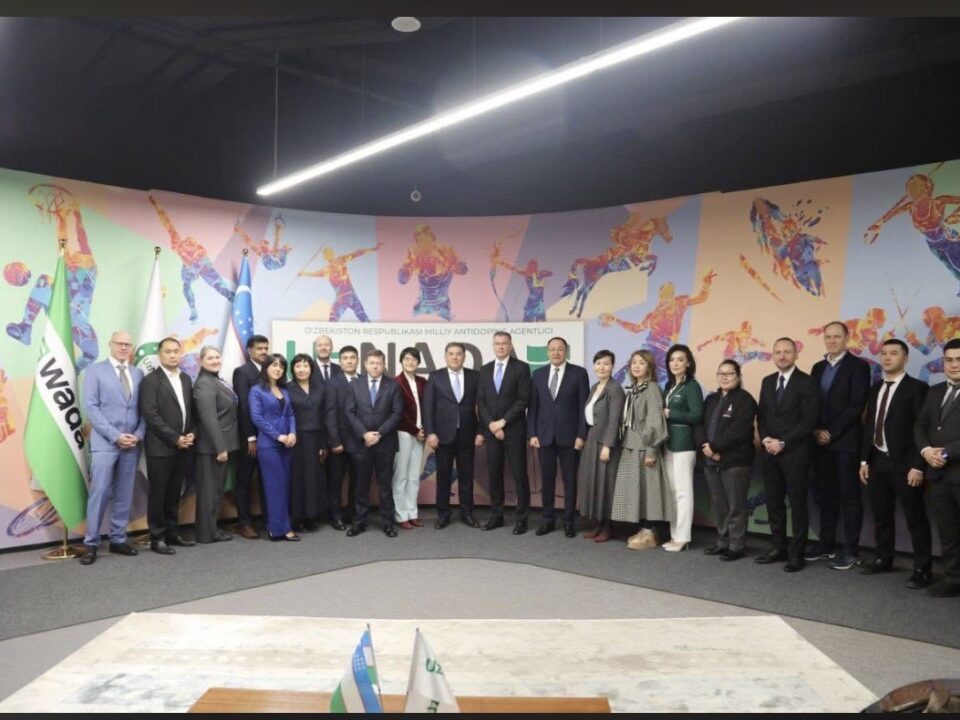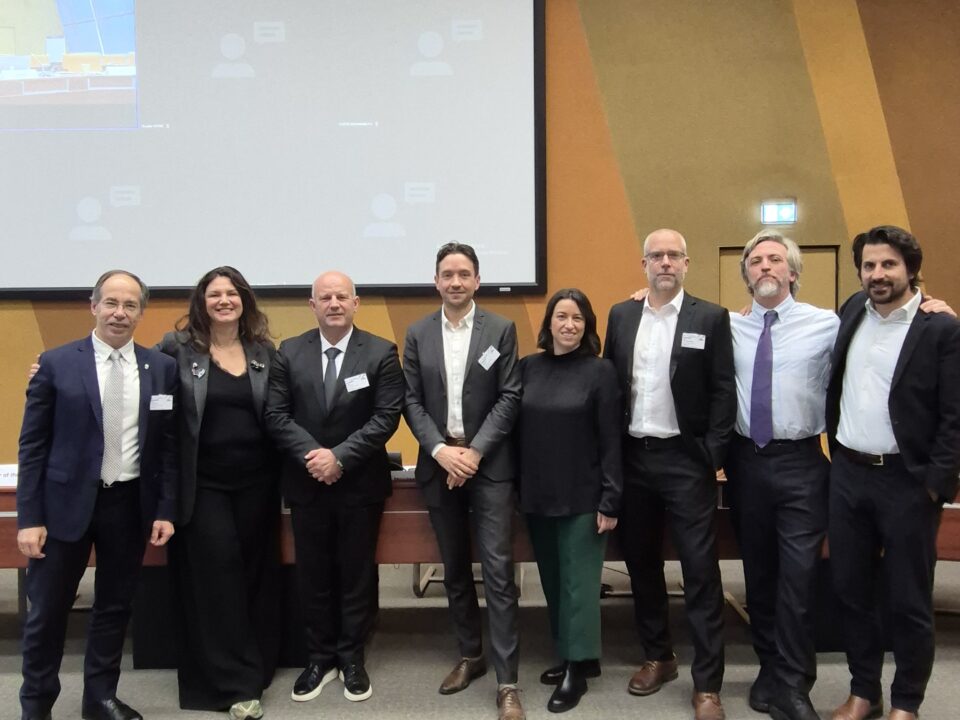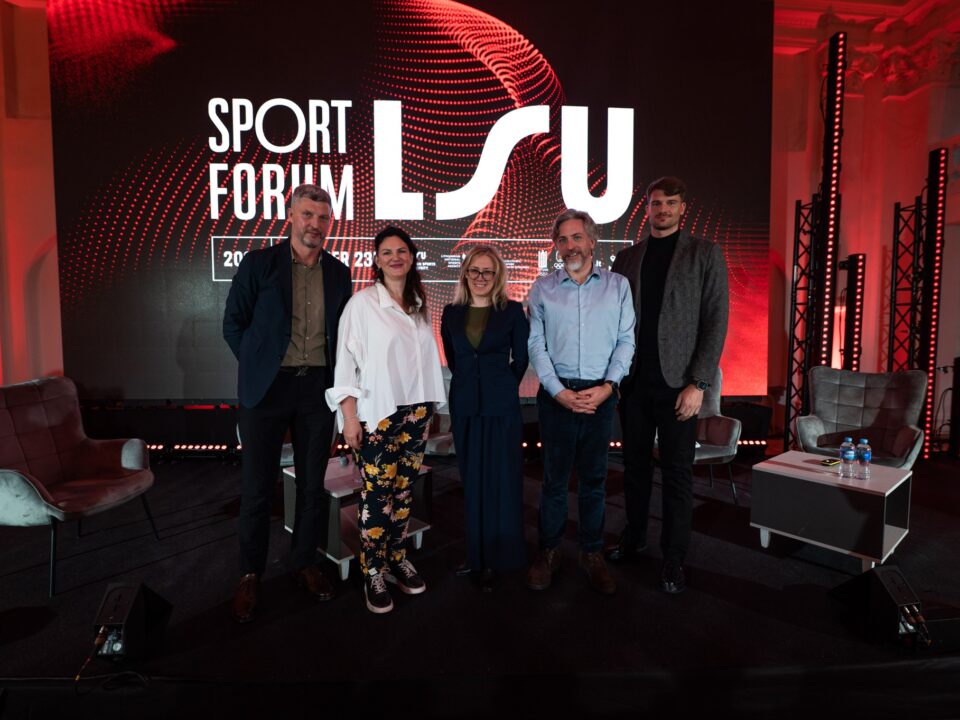World Anti-Doping Code 2015
2014-12-22Prohibited list 2016
2016-01-08On 27 July 2015, a meeting of the Council of Europe Anti-Doping Convention Education Group was held in Vilnius, chaired by the head of the Group, Dr Ieva Lukosiute-Stanikūnienė, Director of the Lithuanian Anti-Doping Agency. The meeting was organised on the occasion of the 10th anniversary of the Lithuanian Anti-Doping Agency. The meeting was aimed at sharing experiences on the implementation of anti-doping education and prevention programmes.
Representatives from international organisations - Sergey Khrychikov, Head of Sport Conventions at the Council of Europe, Tony Cunningham, Education Manager at the World Anti-Doping Agency, Joseph de Pencier, Head of the Institute of National Anti-Doping Agencies, Ian Smith from EU Athletes - as well as representatives from National Anti-Doping Organisations (NADOs) from 21 countries attended the meeting.
The meeting discussed the national prevention strategy, the most effective prevention and education tools, methodologies and the exchange of good practices. Particular attention was paid to the development of the Council of Europe Guidelines on Anti-Doping Education for Higher Education Institutions as one of the main objectives of the group. These guidelines will aim to encourage HEIs to include anti-doping in their curricula and to facilitate the implementation of an anti-doping programme in their institutions. Many people can influence an athlete's career, so it is imperative that every medical doctor, pharmacist, sports professional, nutritionist and other professionals have an anti-doping background.
The meeting ended with a gala dinner. In her speech of appreciation, Ieva Lukosiūtė-Stanikūnienė presented the main challenges and achievements of the Agency over the last 10 years in implementing international anti-doping instruments and in the development and implementation of the National Anti-Doping Programme. She highlighted three key challenges that have been achieved - the implementation of a smart testing programme, the implementation of a high level of anti-doping education and information dissemination, and limiting the availability of doping substances.
"We have always followed the latest trends in our education programmes. For example, special smartphone apps have been developed where athletes can check if their medication is safe to take, find the 'Prohibited List', doping control and drug authorisation procedures. We have also introduced sporting values into athlete education programmes," said
I. Lukošiūtė-Stanikūnienė.Lukošiūtė-Stanikūnienė welcomed the adoption of the Law on the Control of Certain Doping Substances by the Seimas of the Republic of Lithuania in May this year, which will help to protect both athletes and the public from the availability of doping substances and from the people who involve them in doping.
I. Lukošiūtė-Stanikūnienė stressed that the fight against doping in sport involves many actors, which is why cooperation with other national agencies, the Council of Europe, the European Union, the World Anti-Doping Agency, UNESCO, international and national sports federations, and public authorities is crucial. "I am happy to have such partners that I can call, discuss problems and find solutions. Thank you - our big anti-doping family," said the Director of the Lithuanian Agency.
The Lithuanian Anti-Doping Agency was congratulated on its active activities by the Head of the Council of Europe Sport Conventions Sergey Khrychikov, the Deputy Minister of the Interior of the Republic of Lithuania Elvinas Jankevičius, the Deputy Director General of the Department of Physical Education and Sports under the Government of Lithuania Vytautas Vainys, the heads of the Latvian Anti-Doping Organisation Liene Kozlovska and Gatis Berkis, the representative of the Estonian Anti-Doping Organisation Elina Kivinukk, the Director of the Lithuanian Olympic Sports Centre Linas Tubelis, and the Lithuanian Centre for Sports Medicine representative Diana Baubinienė.





